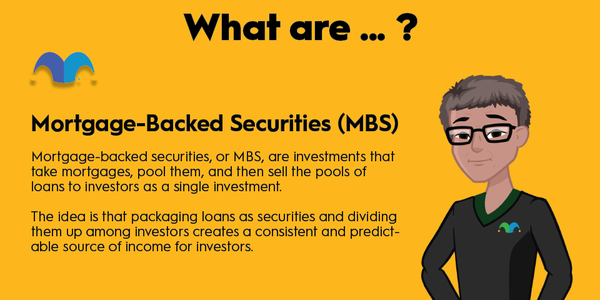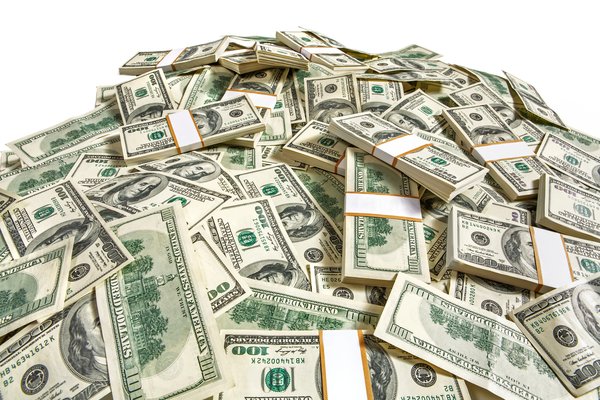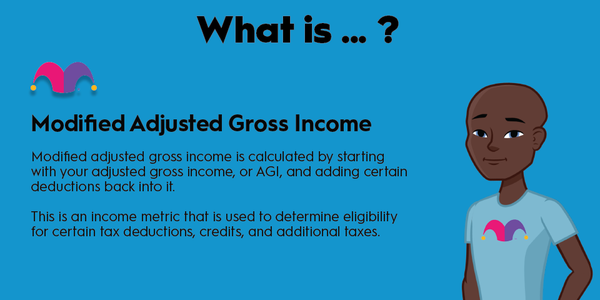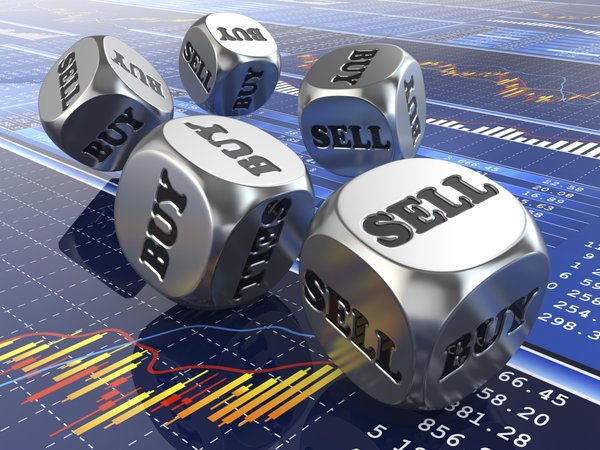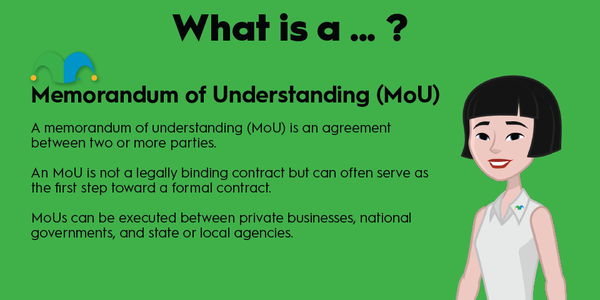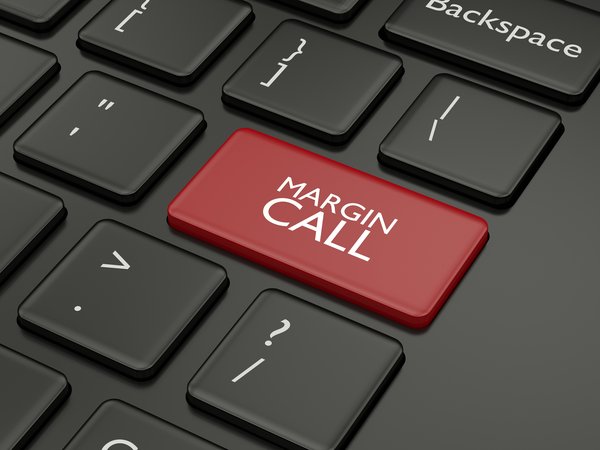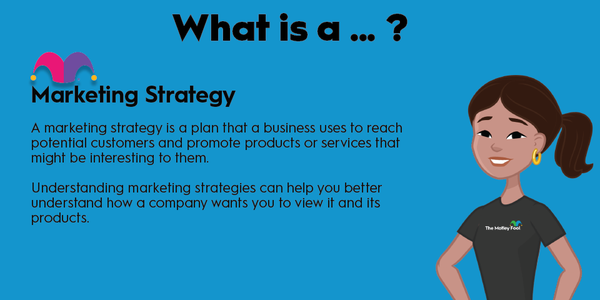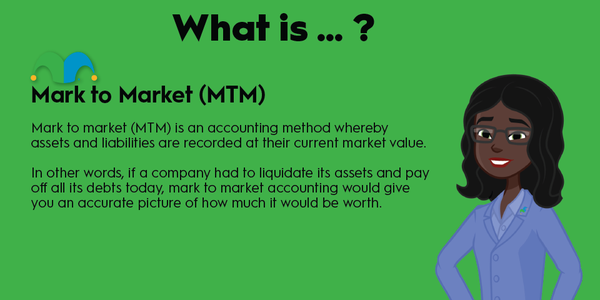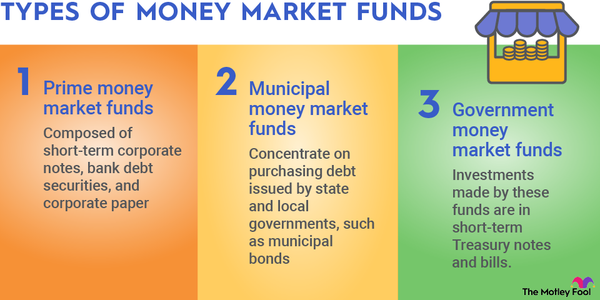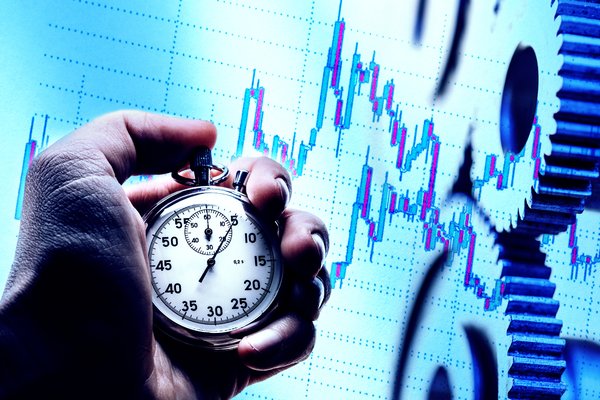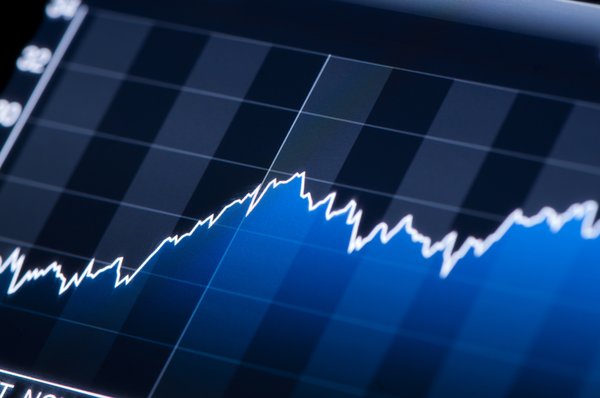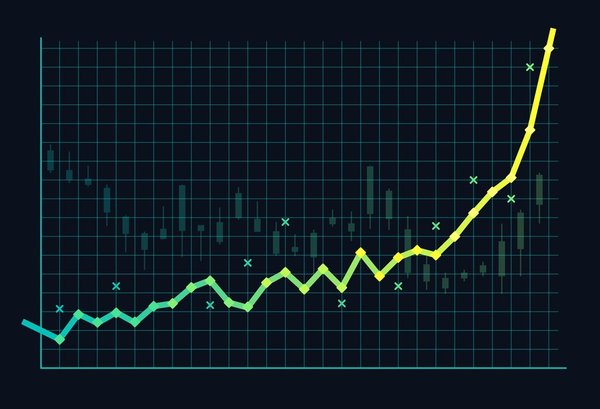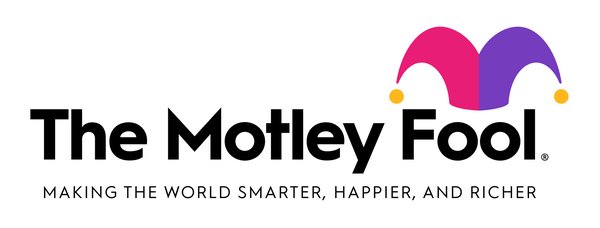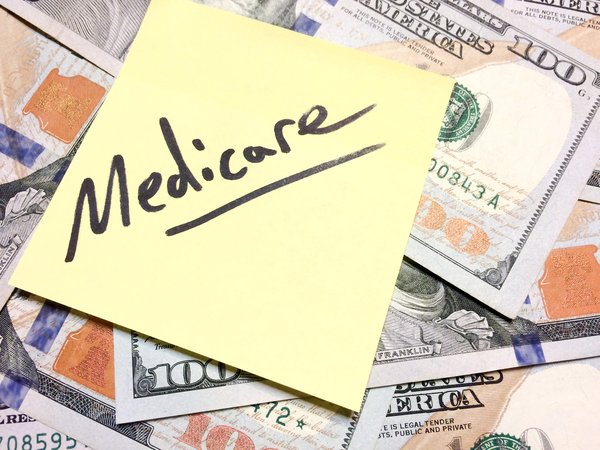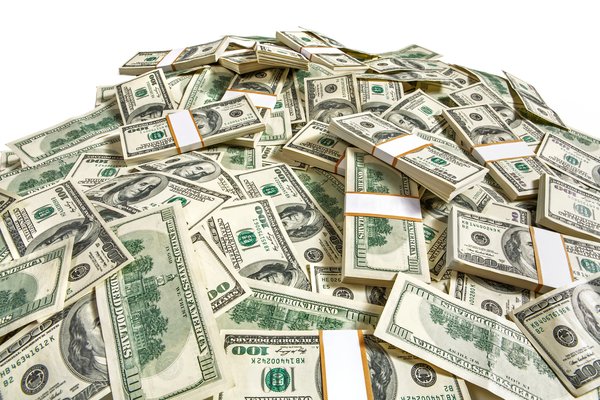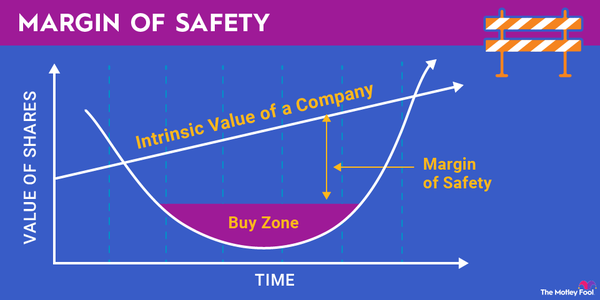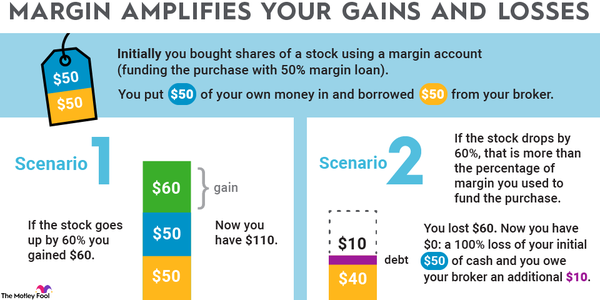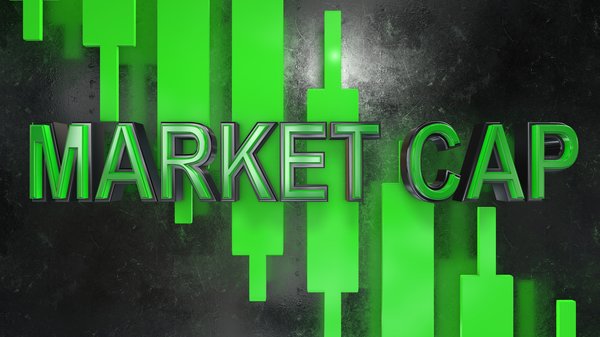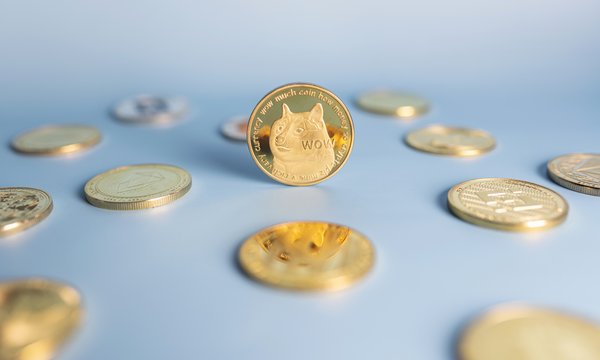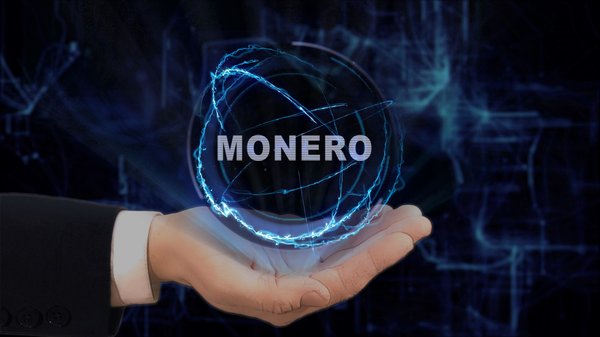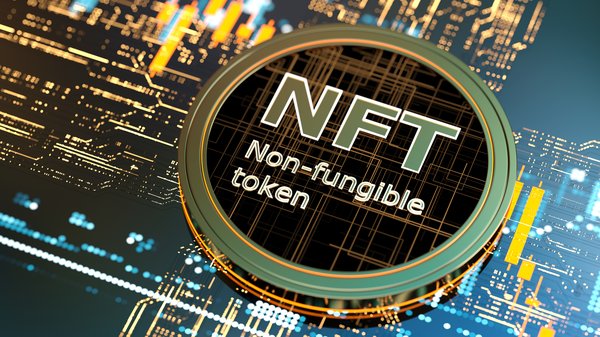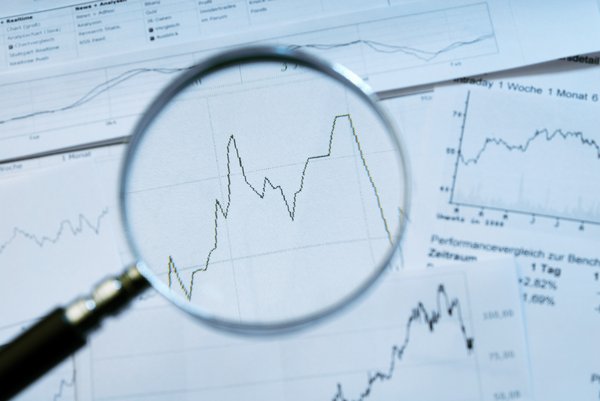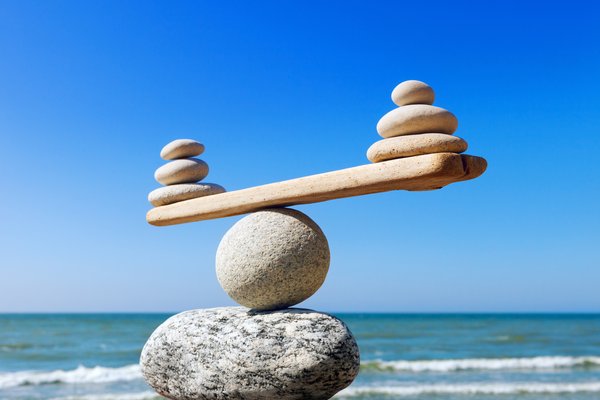Money market accounts are different from checking and savings accounts, combining features of both. Here's a rundown of what a money market account is, what money market accounts typically offer, and whether a money market account could be right for you.
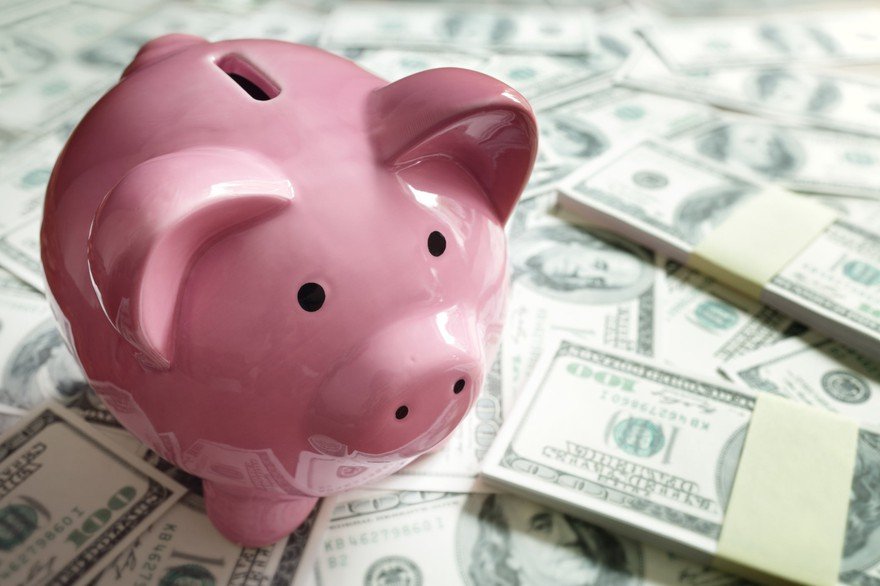
What is a money market account?
What is a money market account?
A money market account is an FDIC-insured bank account. It combines some of the key features of checking and savings accounts.
Like checking accounts, money market accounts typically have a debit card linked to the account and may even have check-writing privileges. However, like savings accounts, money market accounts tend to pay relatively high interest rates, especially compared with checking accounts.
Money market accounts also typically have a limit to the number of withdrawals allowed per month, just like savings accounts. Account owners are generally limited to six transfers or withdrawals per month (although only certain types of withdrawals count).
Why are they used?
Why do money market accounts exist?
A natural question you might be asking is why there's a need for money market accounts at all. After all, aren't checking and savings accounts sufficient to meet the needs of most people?
In a nutshell, money market accounts exist for people who want most of the conveniences of checking accounts but don't need their money frequently and want to earn a higher yield than most checking accounts.
What to look for
What to look for in a money market account
Obviously, you'll want to look for a competitive annual percentage yield (APY). Just like with checking and savings accounts, the best money market APYs are typically (but not always) offered by online-based banks, so that's a good place to start your search.
If you aren't familiar with the phrase, the APY is the effective yield you get on savings and is slightly different than the concept of interest rate. In a nutshell, APY is the important number to know with a money market account (or any other type of interest-bearing bank account). For example, if you put $10,000 into an account with an APY of 4%, you can expect interest to accumulate in your account at the rate of $400 per year.
In addition to APY, it's important to look at the ways you can deposit and withdraw money from the account, especially if the bank is online and doesn't have branches. Most money market accounts allow customers to withdraw money with a debit card and also provide a checkbook, but these are not universally offered, so be sure to check.
Money market accounts often have minimum balance requirements, which aren't as common with checking and savings accounts. There are some money market accounts you can open with as little as $1, while others require $1,000 or more. Others will allow you to open an account with a rather small deposit but require a certain minimum balance to get the best interest rate.
Also, be sure that the money market is FDIC-insured, which protects you in case of a bank failure. The standard FDIC insurance limit is $250,000 per person per bank, but there are some banks that use networks of banking partners to offer considerably more FDIC protection for high-balance customers.
Related investing topics
Are they right for you?
Is a money market account right for you?
In a nutshell, money market accounts can be a great fit for people who don't need to use their rainy-day cash every day but still want the ability to spend from their account occasionally, especially by check or with a debit card. Although some types of withdrawals are limited, money market accounts offer much easier access to your money than savings accounts, especially those offered by online banks.
Many money market accounts offer APYs that rival the best online savings accounts, so if you're looking to maximize the yield from your money without giving up the conveniences of a checking account, a high-yield money market account could be the best way to go. On the other hand, if you're not going to need access to your money regularly, you may be better off with a high-yield savings account or even a certificate of deposit (CD) account to maximize your yield.
